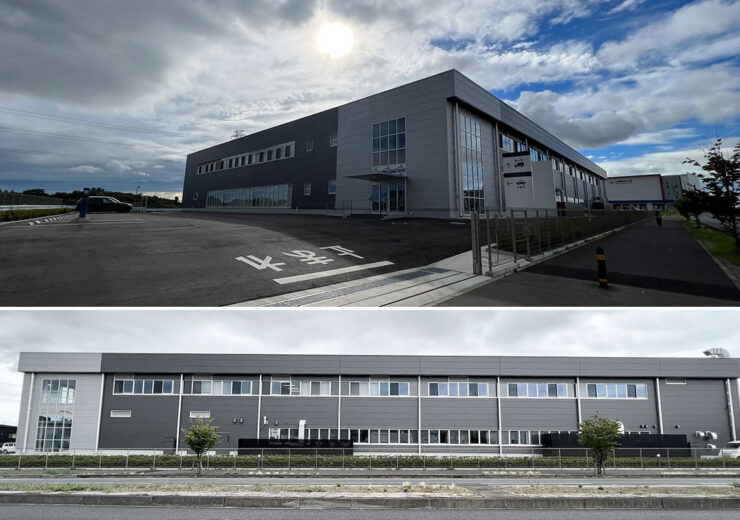The new factory intends to provide large production facilities, improve logistics, and serve as both a showcase and a training and test centre for consumers

Multivac opens new facility in Tsukuba to expand its production capacity. (Credit: MULTIVAC)
Integrated packaging solutions provider Multivac has announced the opening of a new facility in Tsukuba, Japan to expand its production capacity.
Located 60km northeast of Tokyo, the new facility is a two-storey building complex with around 5,100m² of production space on a total area of 14,400m².
Made with an investment of around €20m, the plant has an assembly hall, spare parts warehouse, a showroom and a new advanced test centre, which has five times the capacity of its predecessor.
The latest production site of Multivac Japan is just five minutes away from the main highway, and only 2km from the important Midorino railway station, which is served by the Tsukuba Express.
According to the firm, the factory intends to provide large production facilities, improve logistics, and serve as both a showcase and a training and test centre for consumers.
It unites two previously independent manufacturing areas: whereas die production had previously been done in the nearby city of Toda, the assembly had previously been centred in Abiko.
The latest multifunctional building has manufacturing and assembly areas for packaging machines and line modules, said the company.
Two football field-sized building also includes application and training centres for all forms of packaging and processing, as well as an application centre for bakery technology.
Along with conference and training facilities, a small-parts warehouse, a canteen, and offices for the approximately 100 employees are located on the upper floor.
The test centre features traysealers, slicers, and thermoforming packaging machines from Multivac as well as bakery equipment from FRITSCH and portioning machines from TVI for testing and sample production.
Multivac Japan managing director Kenichiro Onuma said: “The whole complex offers us sufficient space for production, administration and logistics – and we also have the opportunity to train the staff of our Japanese service network to the current state of machine technology.
“And above all, here we can give our customers advice on every aspect of system integration, as well as demonstrate our innovative solutions to them in our showrooms.”
